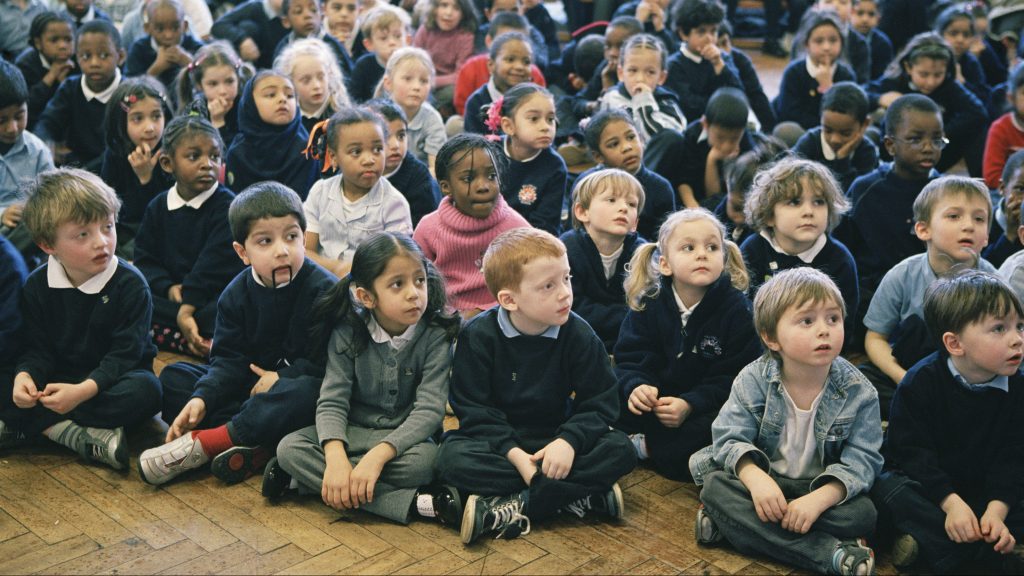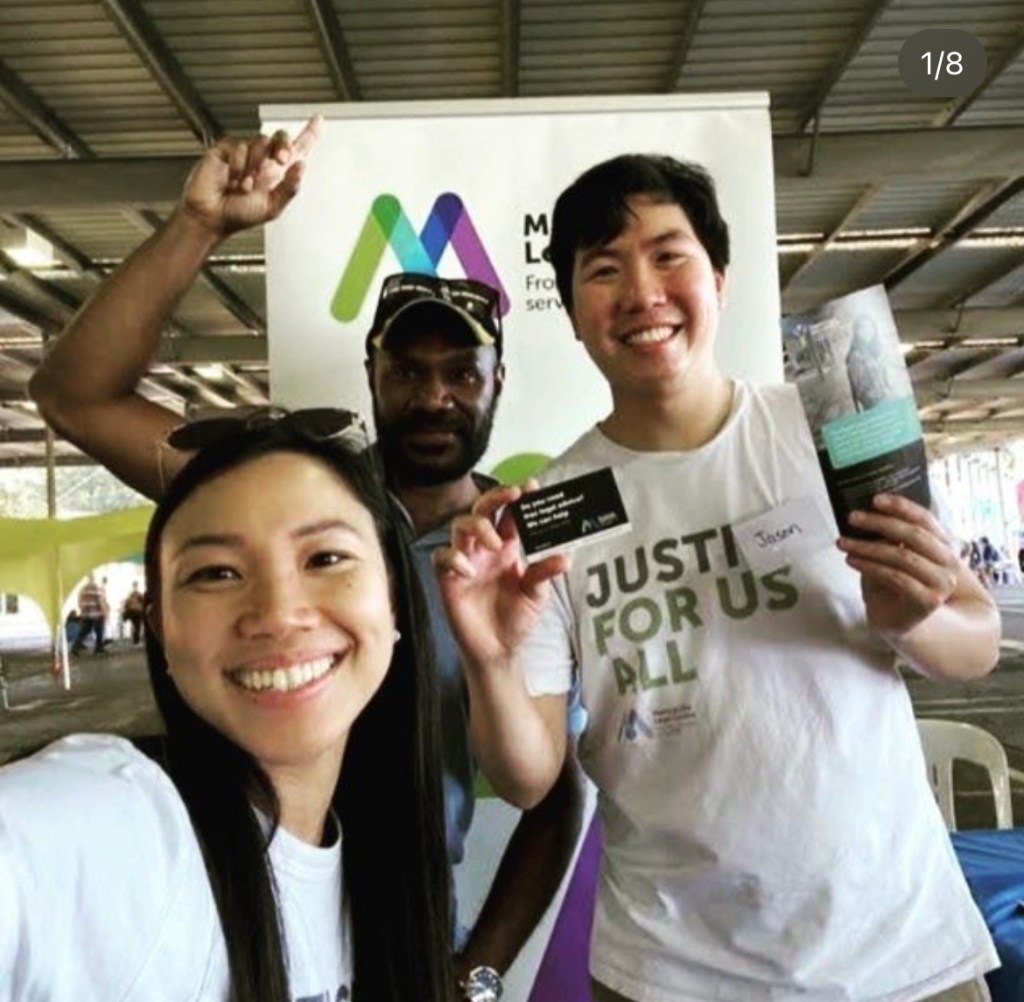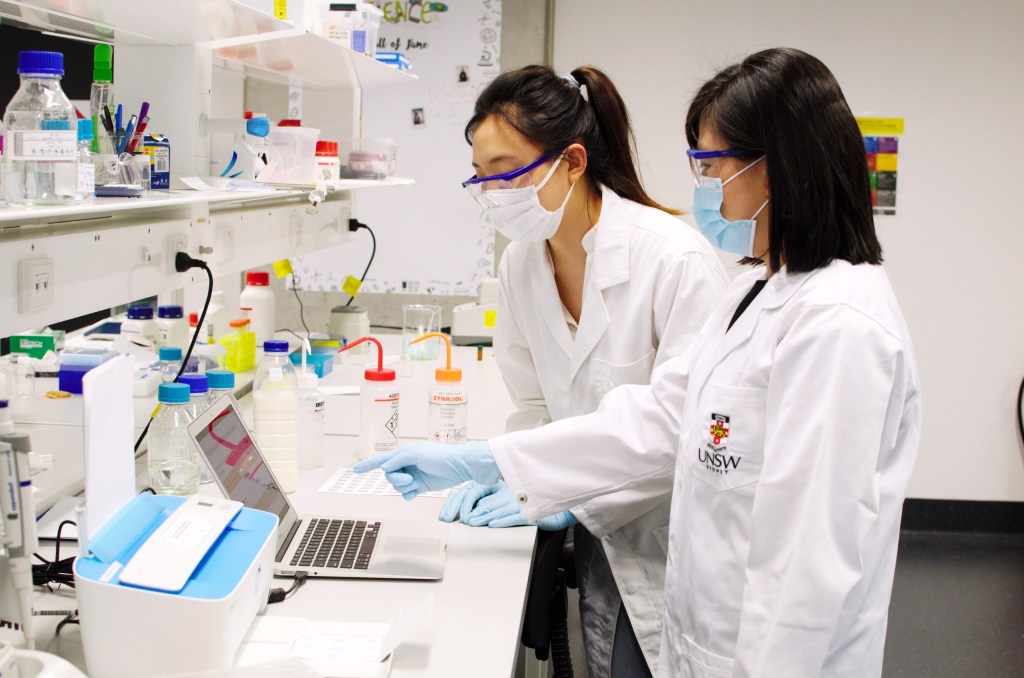Asian-Australians are fighting bias and racism in business to champion diversity and inclusion.
Key Takeaways
- Research undertaken by Australian National University found 82% of surveyed Asian-Australians report they have experienced discrimination in Australia
- Key barriers preventing Asian-Australian talent from reaching leadership roles within Australian organisations are cultural bias and stereotyping
- The 40 Under 40 Most Influential Asian-Australian Awards aims to highlight people making a difference

The impact of racism is preventing Asian-Australians from rising to the top in business, leadership and our community, but some of those who are making a difference have been recognised in the 40 Under 40 Most Influential Asian-Australian Awards announced on Tuesday.
Diverse communities enrich Australian society, says overall winner, Vietnamese Australian lawyer Nguyen-Tu Le, who works in the community, advocating for exploited migrant workers and serves as a youth leader.

Le’s parents were separated for almost a decade after her father spent years in Australia learning and educating himself, before sponsoring his family to come to Australia.
“It’s not about any one individual, it’s about the community impact and working across the sector to improve the lives of community members. This is a huge opportunity to showcase the day-to-day work we all do. That is really valuable. It’s about the collective impact we can make.”
Le says the community law space isn’t where you can make millions of dollars, but the work is about the impact you can make to people’s lives, “particularly vulnerable people, neglected people or people who fall through the cracks who really need the service that we provide in the community legal sector that I work in”.
Growing up in a very tight knit Vietnamese Buddhist community in south-west Sydney gave her strong values about equality and social justice, she says. “You want people to have equal access to things, to the law in the area I work in, and fairness across the legal system.”
“This award is about celebrating the diversity in Australian society. It’s important we value all parts of Australia and its people. We have to recognise the challenges they face and the inequality of opportunities and we have to be upfront about the systemic racism. We have to address these problems and have the language to address that.”
Sometimes our approach and initiatives can diminish people’s real-lived experiences with racism and discrimination in Australia, she says.
“We have to look at what the barriers are that stop people from diverse backgrounds from advancing into leadership positions to make an equal contribution.”
Science and medicine awards category winner Associate Professor Rona Chandrawati moved to Australia after completing high school in Indonesia, and is a leading researcher in colorimetric food sensory technology.
Her patented colour sensors attached to food packaging are designed to help prevent spoilage, a critical issue, considering 7.6 million tonnes of food is lost or wasted every year in Australia, or the equivalent of around one in five bags of groceries or $2,000 to $2,500 per household per year. Food waste accounts for approximately 3% of Australia’s annual greenhouse gas emissions.*
By checking the colour of the sensor on the packaging, the consumer knows if the food is good to eat or spoiled in real time. Food waste is a global problem with about a third of the food produced being wasted or lost every year, says Chandrawati.
The process is currently in lab development, with her team hoping to partner with food and beverage and packaging companies to work together to implement the sensors into the products that we buy in supermarkets to enable better choices.
It’s a low cost solution, even in the lab development, so with wider production, the cost is likely to be reduced further.
“The award really motivates me to develop work that can help solve global problems. This work is through collaboration, working in a team from many fields from science to industry,” Chandrawati says.

“This is something very close to our everyday life. Usually we smell the food to determine if it is contaminated or not. Having a technology that can be accurate benefits consumers, producers and distributors.
“I’m a proud chemical engineer. It’s an area that helps provide perspective, skill and expertise to develop technology for broader applications. There’s the work in my field to reduce global food waste, but there are so many other areas. Engineering is a great skill that can help bring a positive change in the world as we work together.”
Entrepreneurship winner: Leading property and construction professional, and the granddaughter of Hong Kong social housing residents, Belinda Bentley is co-founder and director of independent property investment and advisory group 9Springs.
Arts and culture winner: The youngest daughter of immigrant parents from Hong Kong and Malaysia, Michelle Law’s latest play, ‘Top Coast’, was commissioned by the Sydney Theatre Company and premiered in July-August.
Under 25 rising star: Angelina Inthavong who has a Cambodian, Lao, Vietnamese and Chinese background and comes from a single income house already has a formidable career in youth politics championing ‘period poverty’ and mental health issues.
The Australian National University Centre for Asian-Australian Leadership founding director, Jieh-Yung Lo, says nearly one in five people in Australia has an Asian cultural heritage, yet only about 3% of senior management positions are held by Asian-Australians.
“The key barriers preventing Asian-Australian talent from reaching leadership roles within Australian organisations are cultural bias and stereotyping; westernised leadership models; lack of relationship capital such as access to mentors, sponsors and high-powered and influential networks, and the case for cultural diversity not understood within organisations and workplaces,” says Lo.
“Asian-Australians have indicated from their personal and professional experiences significant levels of bias, discrimination and racism still existing against them in both work and non-work situations.”
Research undertaken by Australian National University found 82% of surveyed Asian-Australians report they have experienced discrimination in Australia, which was the highest amongst all the self-identified ethnic groups in the study.
Some 65% of the Asian-Australians reported being discriminated against in the workplace, while the most common setting for discrimination was at a shop or restaurant (71%). The survey showed that the most common barriers to Asian-Australians obtaining leadership positions in business, professional and other organisational roles cited by Asian-Australians themselves were ‘stereotypes associated with the group’ (42%) and discrimination (44%).
The 40 Under 40 Most Influential Asian-Australian Awards, now in its fourth year, is an initiative of the Australian National University Centre for Asian-Australian Leadership, Asialink at the University of Melbourne and Johnson Partners.
*Tackling Australia’s Food Waste https://www.dcceew.gov.au/environment/protection/waste/food-waste